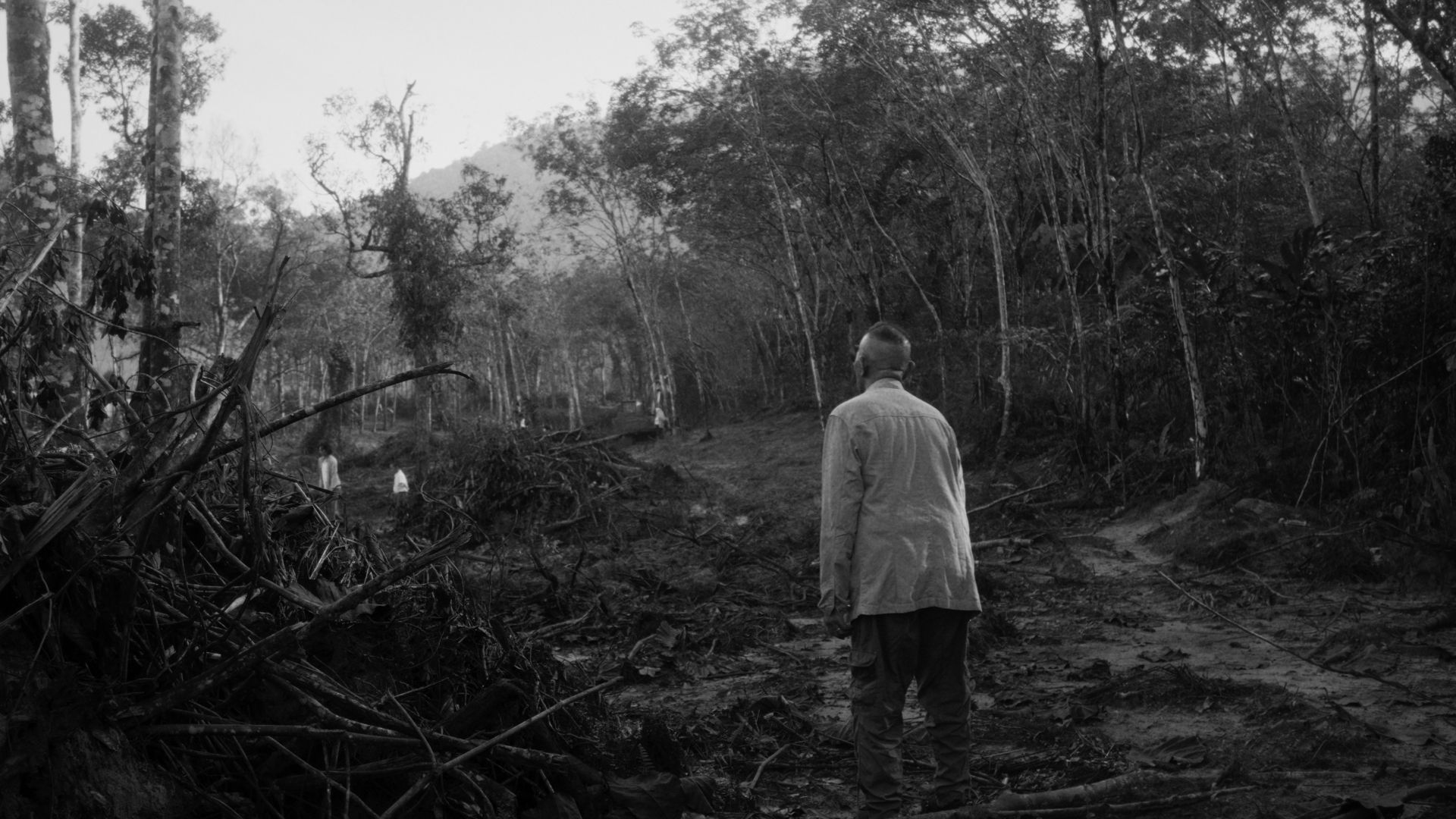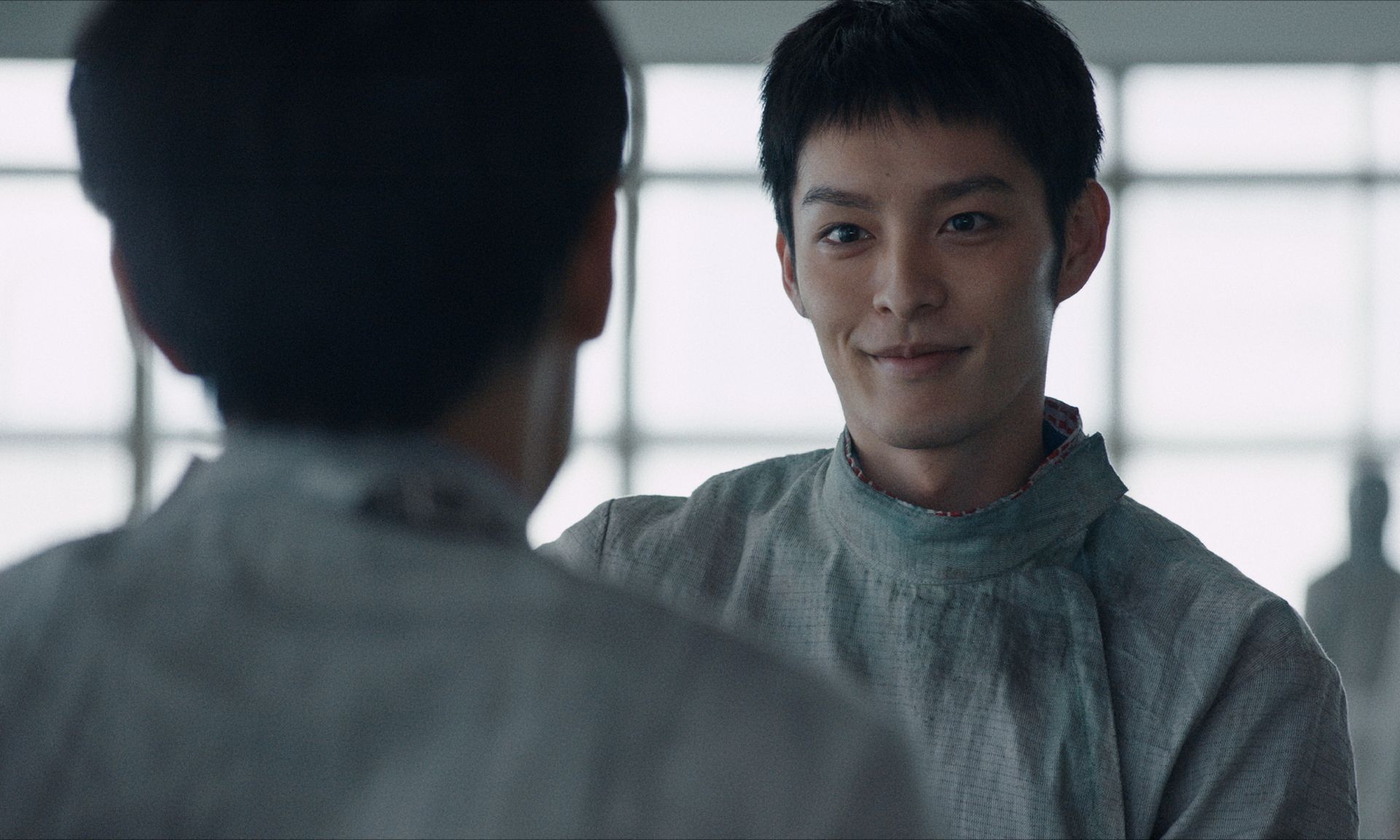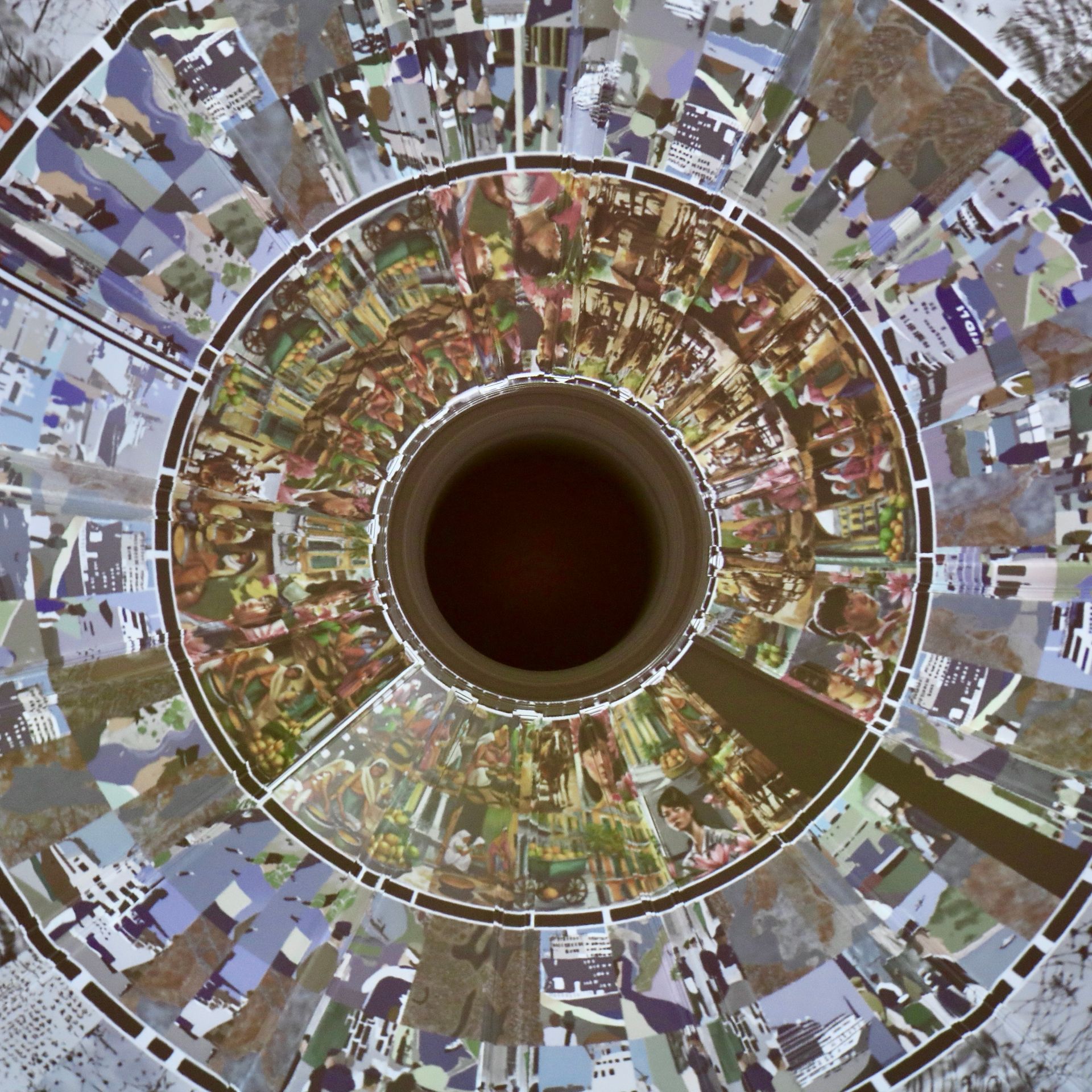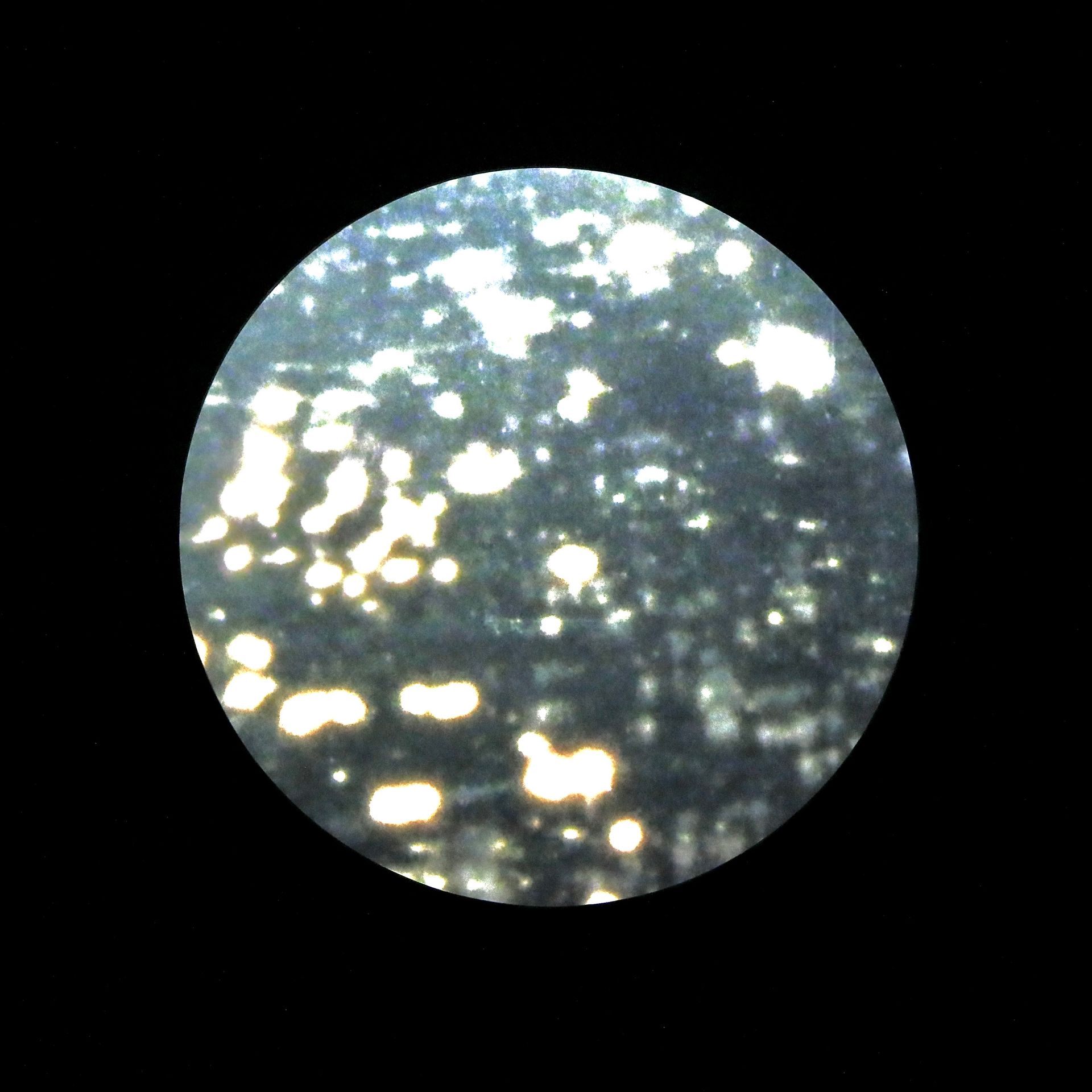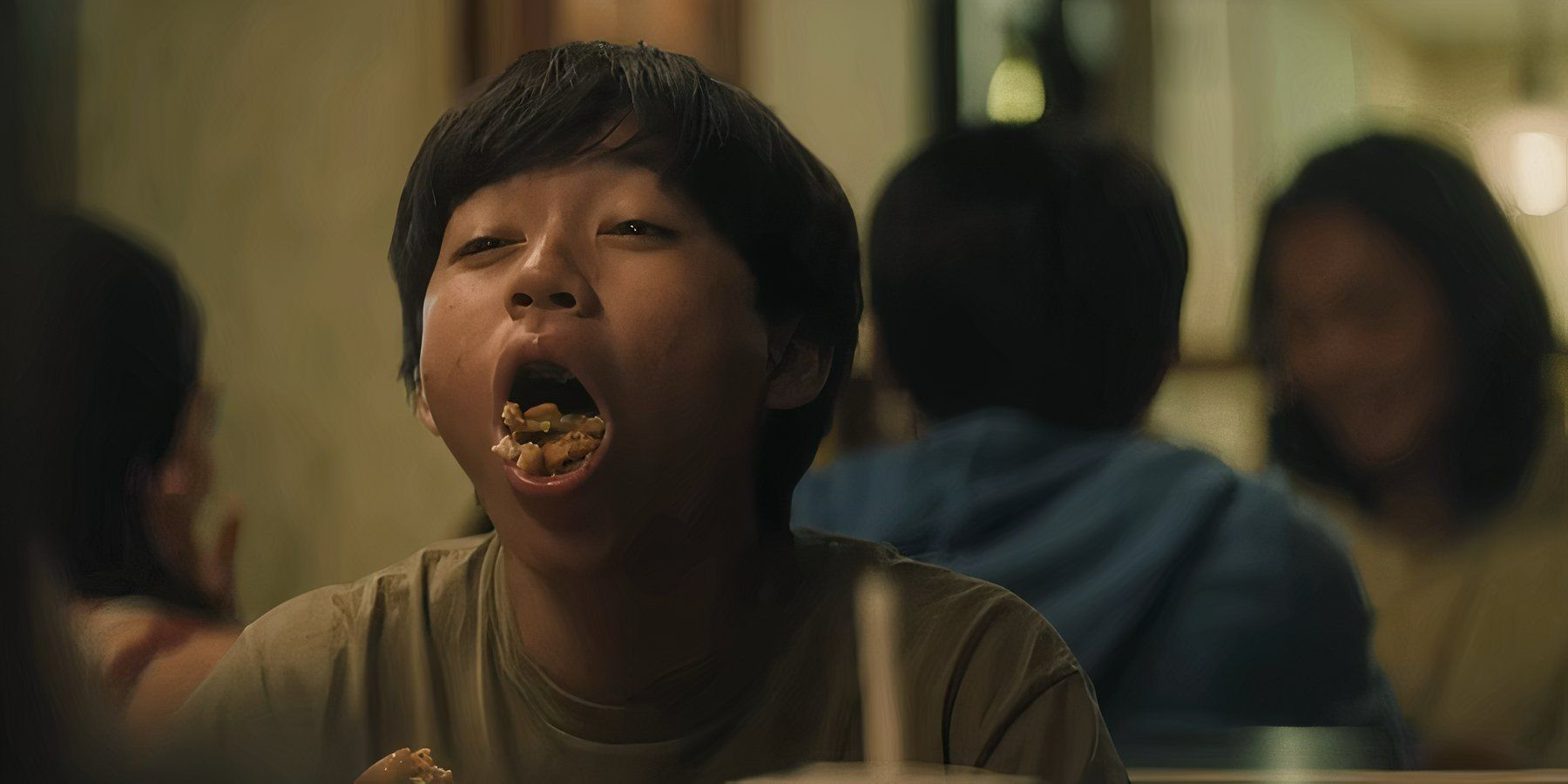Film Review #58: TAR
Film Review #58: TAR
*This film review may contain plot spoilers, reader discretion is advised.*
To sum up TÁR in a single word feels like a hopeless and strangely counterintuitive task. Led by the singular Cate Blanchett and director Todd Field’s first film in 16 years, everything about this fictional biopic seems to tower over its audience: the grandness of its sound design, the majesty of its filmic spaces, the Oscar-nominated weight of Blanchett’s performance in this titular role. Yet, Field’s film returns over and over again to the idea of entry and access. With TÁR, we reach into the politics of fame, power, and influence, and find a worthy Best Picture contender striking in its contemporary relevance and deep nuance.
TÁR catapults its audience into the vast world of Western classical music through the eyes of conductor Lydia Tár, bearer of several impressive accolades: the first female chief conductor of the Berlin Philharmonic, “EGOT” winner, and recently published author, amongst others. She’s the pinnacle of poise and control, immaculate in a tailored suit and perfectly at home on stage as the film opens with a live interview at The New Yorker Festival. Starring the role of Lydia Tár, Blanchett’s technical mastery and cinematic allure shimmer with palpable strength. We’re held in rapt attention as she breaks down her process of conducting Mahler’s symphonies, the Fifth of which she’s weeks away from recording; we revel in the admiration that fellow conductor Elliot Kaplan (Mark Strong) showers her with over lunch. In a confrontation with a student at a Juilliard guest lecture, we’re compelled to side with Lydia as she scoffs at the assertion that Bach’s patriarchal tendencies should bar one from appreciating his work.
Film still from TÁR
But not everything is as picture-perfect as it appears. Lydia’s seemingly impregnable control and influence that she asserts over her contemporaries, her orchestra, her image and her audience slips slowly and deliberately, supported by the film’s wonderfully measured sound design. Haunted by the suicide of an ex-protégé, everyday sounds – from doorbells and beeping devices to the tick of a metronome – emanate a sinister atmosphere.
What truly completes the picture of this descent into obsession is the film’s cinematography and its dealings with visual space. In particular, mirrors, doorways, and windows – in other words, points of access and reflection – confront Lydia as she pushes forth with her current pursuits. It is through a bathroom mirror that she first spies Olga (Sophie Kauer), a young cellist she comes to take an unusual interest in. She sweeps through an office door to inform her assistant conductor (Allan Corduner) of his imminent replacement, receiving an unnerving accusation in return. Silhouetted against floor-to-ceiling windows, she discovers the news of her ex-protégé Krista’s (Sylvia Flote) death from her personal assistant Francesca (Noémie Merlant). One wonders what it all means, and we find the common denominator in Lydia’s position to grant or deny entry into her world of influence to each of these characters. It’s a methodical process that compounds in meaning each time we’re guided to notice a physical entryway, our eyes are led to it through deliberate camera angles or even through simple patterns on the walls; a real testament to the film’s artistic, practically arthouse-esque power.
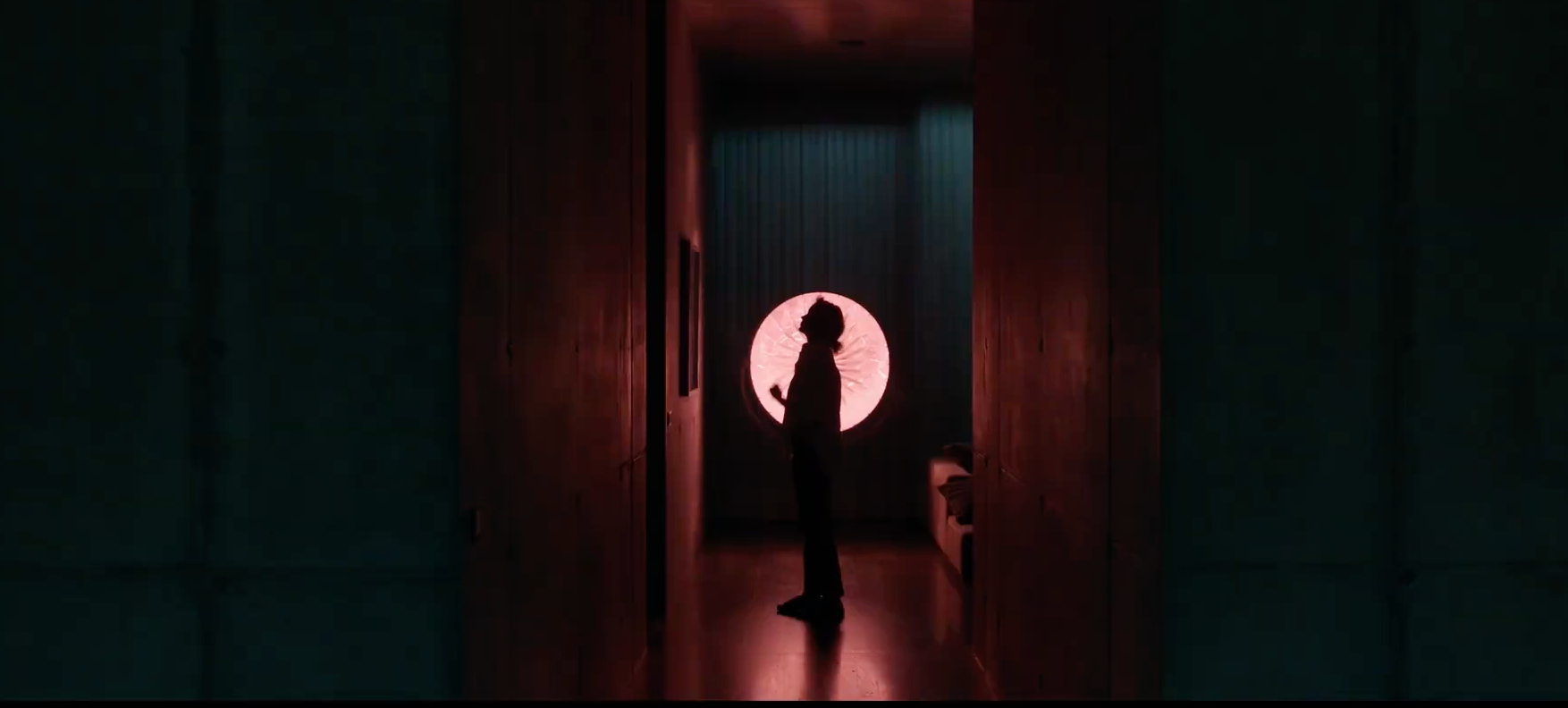
Film still from TÁR
Indeed, Field’s meticulously researched and notably referential script embodies this very notion of entry and access. To the layman, Lydia’s riffs on other composers such as Anna Þorvaldsdóttir presents a hurdle to understanding an inside joke we can’t quite partake in. Lydia herself notes the ease at which one may fall out of this circle of access, confessing that she pays for her mentor Andris’ (Julian Glover) chauffeur under the guise of the Philharmonic to ensure that he wouldn’t feel left behind.
What TÁR does incredibly well is to break down not only the dynamics of power and influence on an individual level but also to reveal the organizational and social landscapes that enable such a dynamic, to begin with. What it also does effectively is to preserve a sense of implicitness and ambiguity even as Lydia’s life unravels, moments in the narrative that give us pause before one leaps into a value judgment. To that end, it’s a film that invites its audience to find their own entryways into a complex set of politics, to thoughtfully circumnavigate its nuances, and to examine the conclusions we draw with a critical eye.
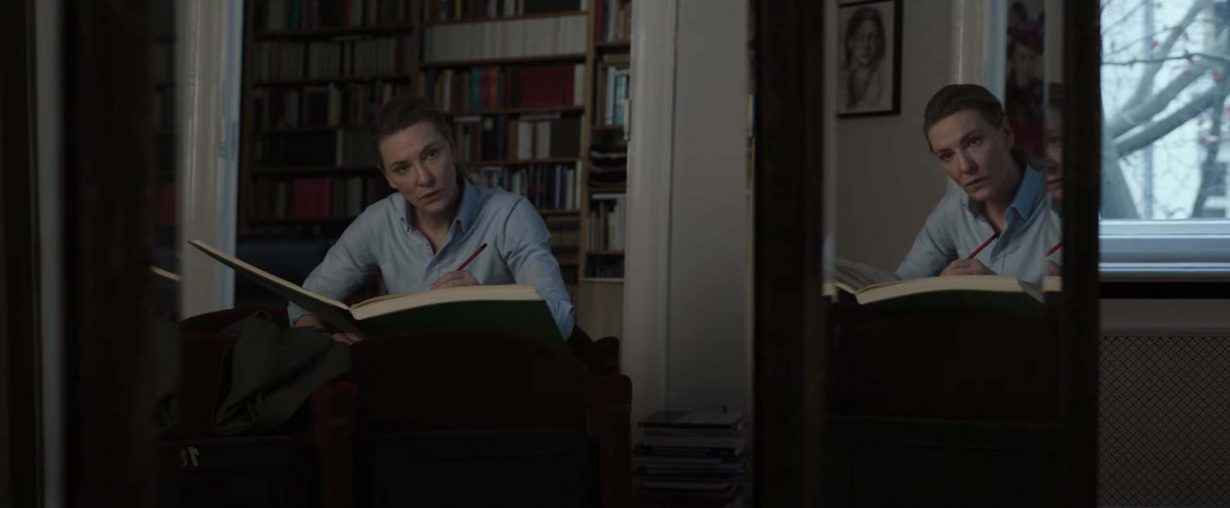
Film still from TÁR
——————————————————————————-
This review is published as an extension of *SCAPE’s Film Critics Lab: A Writing Mentorship Programme organised by The Filmic Eye with support from the Singapore Film Society.
About the Author: Goh Yu Ke is an English Literature and Film Studies student at the National University of Singapore. When she’s not reading or busy with school, you can find her working through her watchlist of 1940s screwball comedies.
——————————————————————————-



